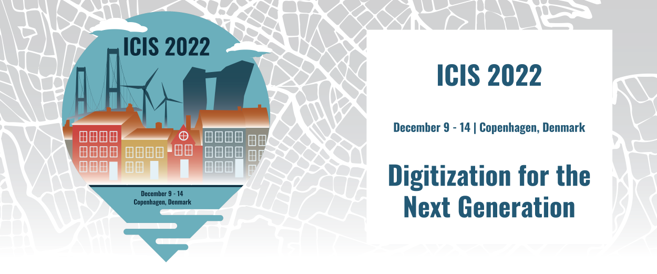Loading...
Paper Number
2164
Paper Type
Short
Description
Artificial intelligence (AI) is becoming increasingly complex, making it difficult for users to understand how the AI has derived its prediction. Using explainable AI (XAI)-methods, researchers aim to explain AI decisions to users. So far, XAI-based explanations pursue a technology-focused approach—neglecting the influence of users’ cognitive abilities and differences in information processing on the understanding of explanations. Hence, this study takes a human-centered perspective and incorporates insights from cognitive psychology. In particular, we draw on the psychological construct of cognitive styles that describe humans’ characteristic modes of processing information. Applying a between-subject experiment design, we investigate how users’ rational and intuitive cognitive styles affect their objective and subjective understanding of different types of explanations provided by an AI. Initial results indicate substantial differences in users’ understanding depending on their cognitive style. We expect to contribute to a more nuanced view of the interrelation of human factors and XAI design.
Recommended Citation
Riefle, Lara; Hemmer, Patrick; Benz, Carina; Vössing, Michael; and Pries, Jannik, "On the Influence of Cognitive Styles on Users’ Understanding of Explanations" (2022). ICIS 2022 Proceedings. 9.
https://aisel.aisnet.org/icis2022/general_is/general_is/9
On the Influence of Cognitive Styles on Users’ Understanding of Explanations
Artificial intelligence (AI) is becoming increasingly complex, making it difficult for users to understand how the AI has derived its prediction. Using explainable AI (XAI)-methods, researchers aim to explain AI decisions to users. So far, XAI-based explanations pursue a technology-focused approach—neglecting the influence of users’ cognitive abilities and differences in information processing on the understanding of explanations. Hence, this study takes a human-centered perspective and incorporates insights from cognitive psychology. In particular, we draw on the psychological construct of cognitive styles that describe humans’ characteristic modes of processing information. Applying a between-subject experiment design, we investigate how users’ rational and intuitive cognitive styles affect their objective and subjective understanding of different types of explanations provided by an AI. Initial results indicate substantial differences in users’ understanding depending on their cognitive style. We expect to contribute to a more nuanced view of the interrelation of human factors and XAI design.
When commenting on articles, please be friendly, welcoming, respectful and abide by the AIS eLibrary Discussion Thread Code of Conduct posted here.



Comments
02-General